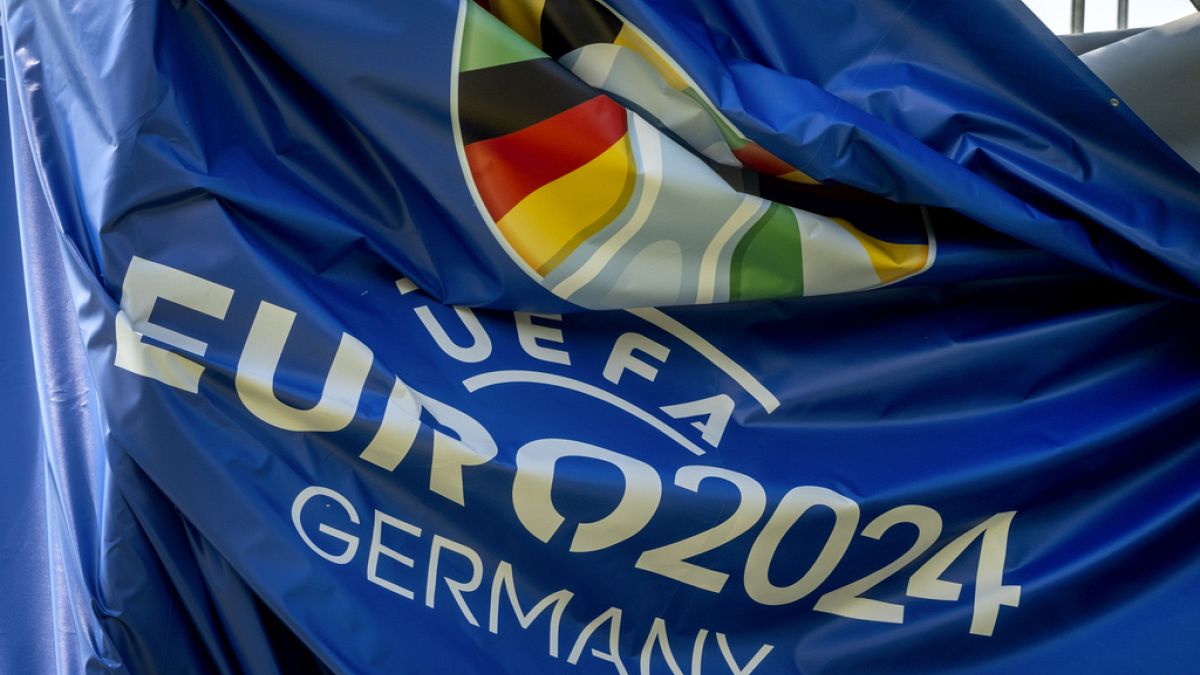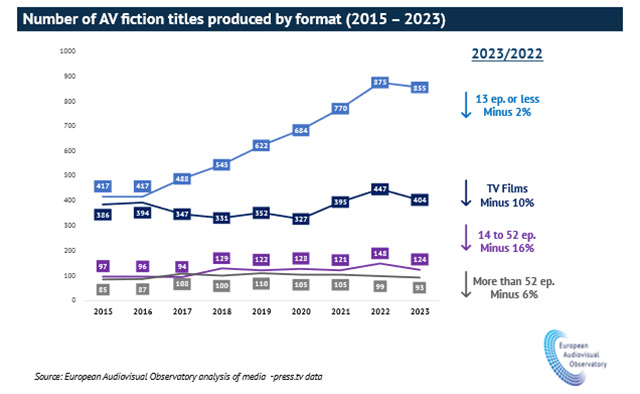Football
Germany gears up with massive police effort for Euro 2024

The country is mobilising its largest police deployment since the federal police were established in 1951.
Germany is set to undertake an unprecedented security operation for the upcoming Euro 2024 football tournament, which kicks off this Friday.
With the anticipation of hundreds of thousands of fans, the country is mobilising its largest police deployment since the federal police force was established in 1951.
Around 22,000 officers will be on duty daily, with no holidays allowed until the tournament ends in mid-July.
Local police will also receive support from international police forces.
German Interior Minister Nancy Faeser said the country has prepared for a range of problems, “from the threat of Islamist terrorism to hooligans and other violent criminals to cyber security.”
“The police will have a strong presence wherever large numbers of people are on the move. This will be a major effort, as I said before, but it is also crucial for the tournament.”
Recent years have seen a resurgence of football violence across Europe, with particularly concerning incidents in Greece, Turkey, and France.
Euro 2024 will take place across ten different German cities.
Four of them are in the densely populated Rhine-Ruhr metropolitan region, known for its excellent rail connections to neighbouring countries, which will make it easy for international fans.
High-risk matches and alcohol restriction
In preparation for potential clashes, a large training exercise took place in the central German village of Stützerbach.
Hundreds of police officers practised responding to a simulated scenario involving violent football fans.
The exercise involved around 200 trainee officers acting as hooligans and local state police calling in federal police reinforcements as the situation escalated. This drill aimed to prepare officers for the type of disturbances they might face during the tournament.
The shadow of past violence at football tournaments looms large, with memories of Euro 2016 in France, where Russian hooligans attacked English fans in Marseille.
Sunday’s England vs Serbia tie in Gelsenkirchen has already been classified by UEFA as “high-risk”. To limit potential violence, fans will only be allowed to drink low-alcohol beer outside the stadium, and alcohol consumption will be prohibited in the stands.
Other high-risk matches involve teams from Poland, Croatia, Romania, the Netherlands, and the Czech Republic.
Polish hooligans are particularly notorious for their violence, and there are concerns that German groups, such as those from Eintracht Frankfurt, may seek confrontations when matches are held in their cities.










